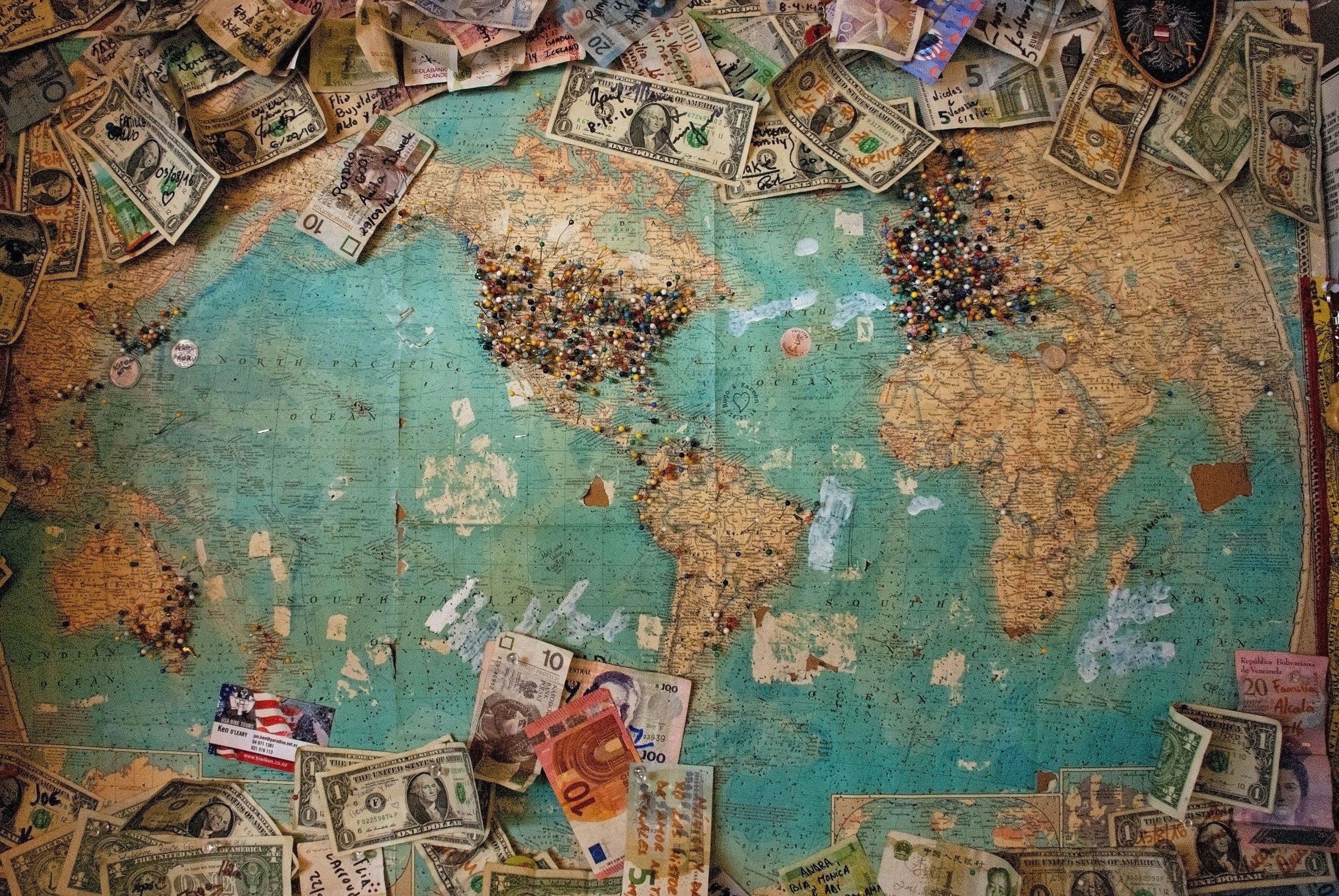Overview of our Journal Articles
Search through All our archives:
Student Life
From the PBL Area in the Law and Sociology Building to the Piazza where law students convene for seminars and plenaries, there is seldom a moment that isn’t tense. As text books and laptops are arranged like cards and chips, wagers are put forth as bids for 2:1s and first classes are made to secure much coveted vacation schemes, mini-pulillages and training contracts………
With the fall term past, and now part of the University of York’s illustrious 49 year history, numerous societies around campus have wasted little time seeking to expand their current memberships, and to organize events to engage the university’s greater student body in an academic year that will be free of Covid Regulations…..
As students rush to finish their formatives before heading home for the holidays, the Christmas Market is once again in full swing. With hot chocolate and mulled wine finding their way into eager hands and mouths thirsting to drown, yet enliven, the whole of York City Centre……
Issue 2024
In the United States Supreme Court, Justice Scalia (a well-known proponent of the death penalty) doubted that the infallible United States’ legal system has ‘executed an innocent person.’ When decisions of irreversible consequence are concerned, it leaves one to consider whether humans, who have an innate proclivity to err, are capable of making such verdicts.
In the US in 2022, over 73 billion dollars were given as a subsidy for charitable giving, yet less than 70% of donations went directly to charities. The law allows the highly wealthy to use these charitable write-offs to gain more money without ensuring donations reach charitable organisations. Many argue that we need these private foundations and tax write-offs to encourage the wealthiest people to donate, and I agree.
Issue 2023
When Sabine Baring-Gould wrote of the spirit of Old Crockern (variously described as either the God or spectral protector of Dartmoor) driving a farmer to ruin after he moved from Manchester and attempted to enclose a section of the Moor for his own benefit, it is unlikely……
In general, within the UK, inheritance tax is paid on the estate, meaning the property, money, and possessions, of a person who has passed away. At the time of writing this article, inheritance tax rate in the UK stands at 40% and is charged on…..
I spoke with Ryan Dunleavy, Partner at Harcus Parker, who is leading the Student Group Claim. I asked him some questions about the legal basis for the claims and how they are moving forward. I have summarised his responses……
Issue 2022
For technologists and aspiring intellectual property (IP) lawyers alike, the question of IP - specifically copyright - law's application to computer-generated work may be of interest given technological developments. This article will briefly explain……
Early in March I interviewed Joe Tomlinson, a senior lecturer in public law at the University of York. His extensive research focuses on administrative law and justice. When…
Issue 2020
The increased number of UK COVID-19 cases [1] has updated national lockdown measures and created new laws to protect the well-being of the population [2]. Nonetheless, it creates a dangerous legal precedent when the government uses COVID-19 as an excuse for furthering its powers.
Professor Westmorland has argued that we are ‘surrounded by messages that serve to minimize and hide sexual violence and dismiss the experience of survivors’ [1]. This can certainly be seen to be reflected in the history of English law, which disregarded the act of rape once a woman was no longer a virgin, having already ‘lost her virtue’ [2].
Alexander Lukashenko, whose legitimacy has been recently questioned by world leaders, has retained his decades-long position as the leader of Belarus [1], allegedly winning 80% of the votes [2]. On the night after the election, internet access was blocked [3]; people flowed into the streets in disagreement, which resulted in brutal clashes with the police [4].







Since 2017, international groups such as Stop Ecocide International have urged ICC member state parties to propose an amendment that would add the fifth crime of ecocide, arguing that its inclusion as an international crime under the ICC’s jurisdiction is crucial given the widespread ecological destruction that human beings have committed to the planet. According to such supporters of ecocide law, which includes figures like United Nations Secretary General Antonio Guterres, environmental activist Greta Thunberg, former ICC Judge Tuiloma Neroni Slade, and former ICC President Chile Eboe-Osuji, making ecocide a crime would finally create an “arrestable offence” through which individuals responsible for severe environmental degradation would be “liable to criminal prosecution”.